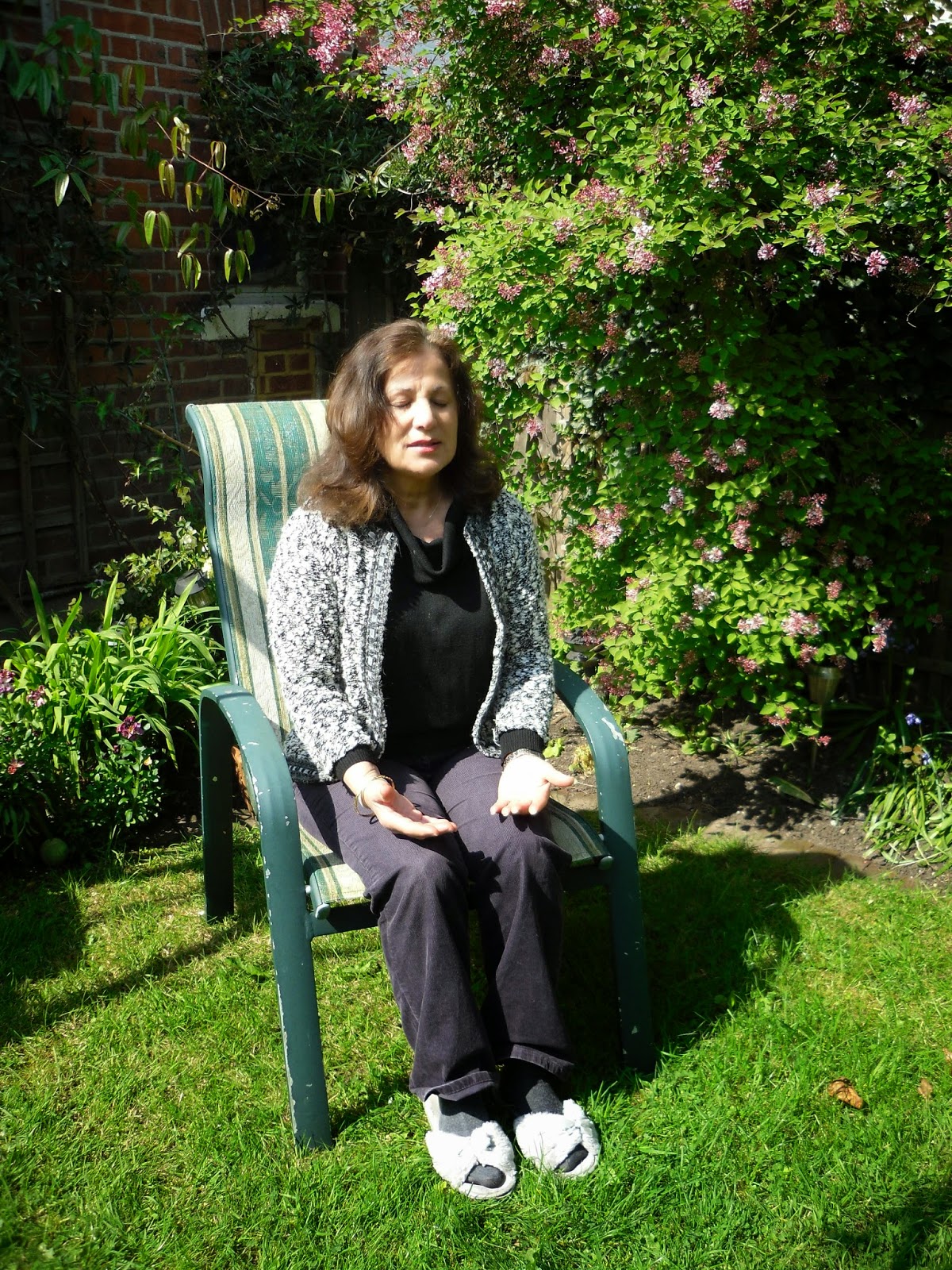As
I write this I have just heard on the radio this is the best time of the year to
get your garden ready for Spring planting. The ground has warmed up from the Summer sun andit is still not too cold to be out in the open. So, time to
plan your gardening activities and start thinking about all those
lovely fruit, flowers and vegetables you will have in Spring. Whilst gardening is a
lovely thing to do as it great way to keep fit and calm; it can also
result in injuries, especially back problems.
Just
a few precautions will help to keep these problems at bay. In
particular people with existing back pain should take extra care when
gardening. So, before charging full steam ahead with digging, lifting, weeding
and planting just take a few moments to consider how your muscles and
joints might respond.
1.
First things first: begin your gardening project by wearing appropriate
clothing. Ideally think about layering your clothing so that you can
remove the layers as you warm up. Wear warm and loose fitting
clothing that covers your lower back and sensible footwear like
supportive boots and thick socks - and don't forget your gardening gloves! If you've
have back problems in the past these a supportive back belt may
help.
2.
Secondly, warm-up by taking a quick walk around the garden which will stimulate your circulation. Then limber up by doing some simple
stretches and warm up exercises. Now, when I say stretch I do not mean
sharply bend forwards to the floor or abruptly lean backwards; both
of these movements can easily result in an injury. The best way is to start slowly by
rolling your shoulders forward 10 times and back 10 times as illustrated below. Then
gently make swimming like movements using your shoulders, arms and
hands. Do try to get a full range of movement with your shoulders.
Notice any areas that do not move smoothly and concentrate on
improving it as you go through the movement.
3.
Stretch your legs by gently going up onto your tip-toes, hold and then down
again. You may like to hold on to a spade/fork handle for balance.
4. Take
regular breaks and continue to do stretching exercises whilst
admiring nature that is all around you.
5.
It would also help if you took small
spadefuls or used a small spade. There's no race to get it over and done with! Enjoy the process and you will feel much better for it.
To
summarise it is really important to start
slowly & try to relax whilst digging. At all cost avoid
over-exertion as this will not help back problems; be careful
not to over-reach and try to cut as close to your body as possible.
Now
you are good to go – enjoy your gardening!

























